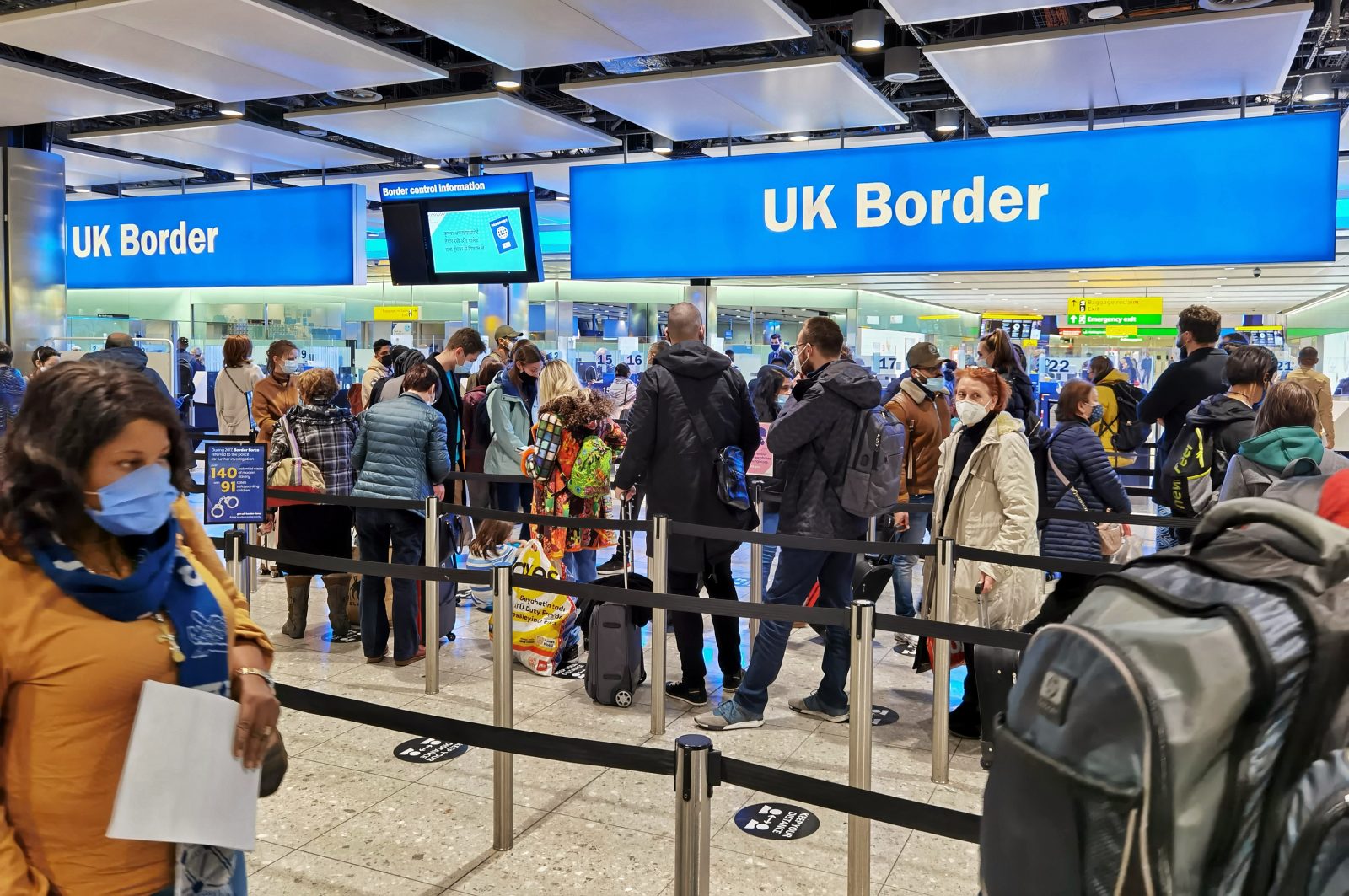
As part of grand plans to ‘digitise’ the UK border within the next two years, the British government is currently rolling out a new ESTA-style permit which will require many visitors to the United Kingdom to first pay £10 and wait up to three days to get an Electronic Travel Authorisation.
The requirement for travellers to get an ETA will initially only impact Qatari passport holders who will need the permit from November 15. The permit will then be rolled out to other members of the Gulf Cooperation Council, such as Bahrain, the United Arab Emirates and Kuwait, as well as Jordan, in early 2024.
By the end of 2025, however, the government expects the ETA scheme to apply to all visitors to the UK from countries which don’t ordinarily require a visa. It’s an additional layer of bureaucracy, but Immigration Minister Robert Jenrick insists the ETA will “enhance border security and the customer experience”.
It’s very similar to the ESTA permit that many visitors to the United States require, as well as a similar scheme being developed by the European Union.
But unlike the European Travel Information and Authorisation System, which won’t apply to transit passengers, the British version will also require passengers only looking to transfer from one flight to another without ever crossing the border into the UK to also apply for a permit.
Airlines, especially the likes of British Airways and Virgin Atlantic, which benefit massively from transit passengers via their Heathrow hub, fear that the onerous rules could heavily impact demand.
Why, they argue, would anyone want to pay £10 for a permit to enter a country they have no intention of ever entering?
When faced with such a choice, the British airline industry fears passengers will simply decide to switch planes with European competitors like Amsterdam Schipol, Paris Charles de Gaulle or Frankfurt Am Main, where special entry permits won’t apply to transit passengers.
The British government, however, worries that unless transit passengers are included in the scheme, it will simply become the latest loophole to be exploited by the people which the ETA is meant to keep out of the UK in the first place.
Publicly, carriers like British Airways haven’t spoken out against the government’s plans, although Heathrow is trying to encourage ministers to keep the business of passenger transit competitive with European rivals.
“Heathrow is a strong hub and Europe’s largest airport. Transiting passengers play a key role in supporting routes to many long-haul destinations boosting trade, tourism and investment opportunities,” the airline said in a statement.
“The government should ensure visa and border policies do not generate any competitive disadvantage for the UK.”
Mateusz Maszczynski honed his skills as an international flight attendant at the most prominent airline in the Middle East and has been flying ever since... most recently for a well known European airline. Matt is passionate about the aviation industry and has become an expert in passenger experience and human-centric stories. Always keeping an ear close to the ground, Matt's industry insights, analysis and news coverage is frequently relied upon by some of the biggest names in journalism.








If one checks fares say one way from CDG to SEA, then check the same fare LHR to SEA you can see the “Heathrow” “VIG” it also applies if your connecting through Heathrow same route CDG to SEA changing planes in Heathrow. What I do now is fly over to London for a stop over then fly to the EU, I make sure my schedule allows me to have my return flight originating in the EU. So we are already paying a higher price to fly directly out of LHR. and then endure the lousy attitudes of the security people. On par with the French
“Robert Jenrick insists the ETA will “enhance border security and the customer experience”. What a hypocrite when every day hundreds of people of unknown threat just simply land on our shores.